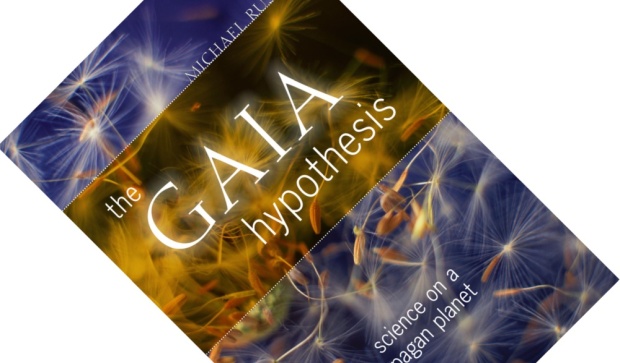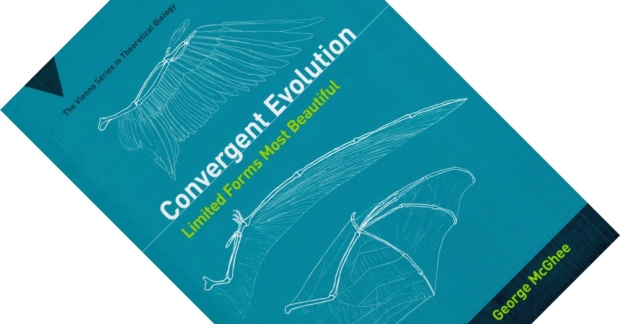10-minute read
keywords: earth sciences, history of science, philosophy
This is the final part of my four-part review series on the Gaia hypothesis (see also part 1, part 2, and part 3), James Lovelock’s notion that the Earth is a giant self-regulating system that maintains conditions suitable for life on the planet. I selected this book as a counterpart to the hard-science analysis of Tyrrell’s On Gaia (also published in 2013) to take a step back and read about the wider reception of Lovelock’s ideas. As it turns out, professor of philosophy Michael Ruse additionally delves into the historical and philosophical precursors to the notion of Earth as a living planet. An intellectually rigorous if sometimes challenging book, The Gaia Hypothesis gives a very satisfying overview of why Lovelock got the reception he did and, for me, marks Ruse as a notable writer to keep an eye on.


